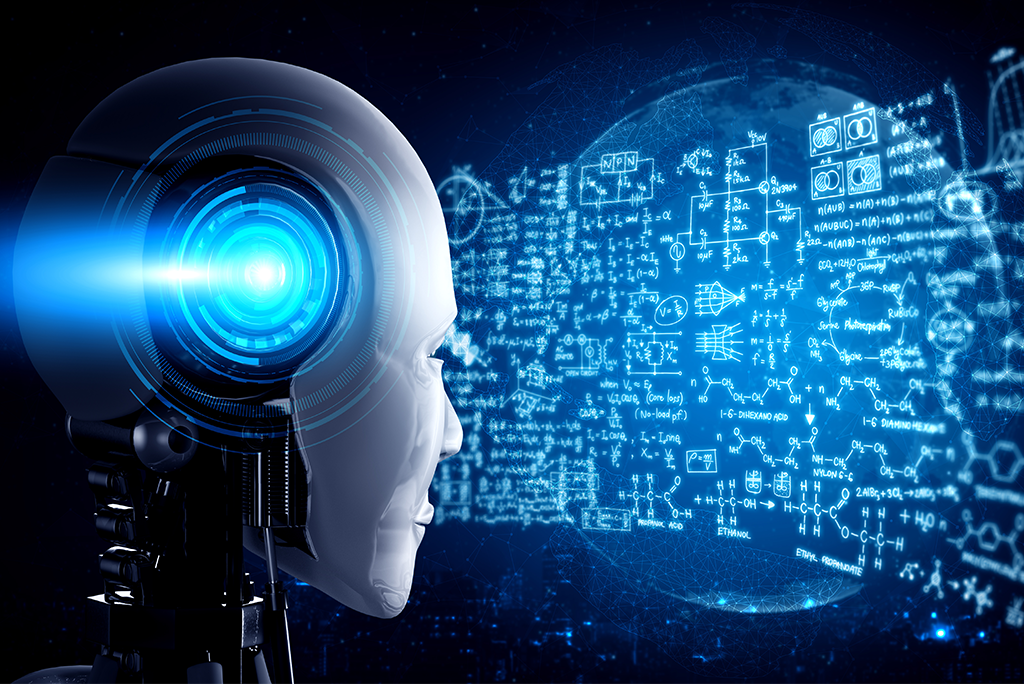
Mysteries in math and science have puzzled human researchers for centuries. Now, a pair of recent studies suggest that machine learning could help them make breakthroughs much faster.
A paper published in Nature suggests new connections between the fields of knot theory— the study of mathematical knots (closed, non-self-intersecting curves embedded in three dimensions)— and representation theory (the study of how algebraic systems can act on vector spaces). Deep Mind, an artificial intelligence company owned by Google-parent Alphabet Inc., was tasked with differentiating the patterns and connections in the fields. The researchers, who were from the University of Oxford and the University of Sydney, used these connections to make different discoveries in mathematics. The Oxford researchers determined a relationship between algebraic and geometric invariants of knots, representing a brand new theorem. Also, the Sydney researchers were almost able to prove a conjecture about Kazhdan-Lusztig polynomials.
The study reveals how useful machine learning can be in helping humans solve complex problems in short periods of time. Human mathematicians have traditionally relied on their intuition to solve mathematical patterns, a process that can take many years. However, with machine learning, large amounts of mathematical data can be produced and studied far more easily and quickly.
“Pure mathematicians work by formulating conjectures and proving these, resulting in theorems. But where do the conjectures come from?” University of Oxford Professor Andras Juhasz, a co-author of the paper, told Science Daily. “We have demonstrated that, when guided by mathematical intuition, machine learning provides a powerful framework that can uncover interesting and provable conjectures in areas where a large amount of data is available, or where the objects are too large to study with classical methods.”
How Machine Learning Could Enhance the Field of Chemistry
Another recent study shows how machine learning is helping researchers make big discoveries in chemistry. As Phys.org reports, a group of researchers from RWTH Aachen University in Germany and the University of Jyväskylä in Finland developed a system based on machine learning and computationally derived descriptors that can be used to discover special types of catalysts. In a paper published in the journal Science, the team described using machine learning algorithms to discover patterns in known types of ligands (substances that form complexes with biomolecules to serve biological purposes). They were able to find new catalysts using the results, which could be used to make new products.
The discovery is exciting for chemists, who have traditionally relied on trial and error to discover new catalysts. Help from machine learning speeds up the process. According to Phys.org, the researchers first trained their algorithm with examples of the general properties of known ligands. Next, they used the algorithm to filter 348 ligands and group them into clusters using computationally derived descriptors. Each smaller unit of the original large dataset can be used for different purposes. Then the researchers verified their processing was successful by predicting ligands that had been synthesized before. Lastly, they used the result to uncover special classes of catalysts used to develop new palladium (I) dimers. The researchers note that their system uses just five data points compared to competing systems, which typically depend on much more.
These discoveries are only the beginning. As machine learning continues to evolve, it has the potential to help researchers make revolutionary advancements in a number of fields.
Understand Machine Learning
By providing AI with the ability to learn from its experiences without needing explicit programming, machine learning plays a critical role in developing the technology. Covering machine learning models, algorithms, and platforms, Machine Learning: Predictive Analysis for Business Decisions, is a five-course program from IEEE.
Connect with an IEEE Content Specialist today to learn more about this program and how to get access to it for your organization.
Interested in the program for yourself? Visit the IEEE Learning Network.
Resources
Yirka, Bob. (3 December 2021). Using machine learning and computationally derived descriptors to find special classes of catalysts. Phys.org.
University of Oxford. (1 December 2021). Machine learning helps mathematicians make new connections. Science Daily.


No comments yet.